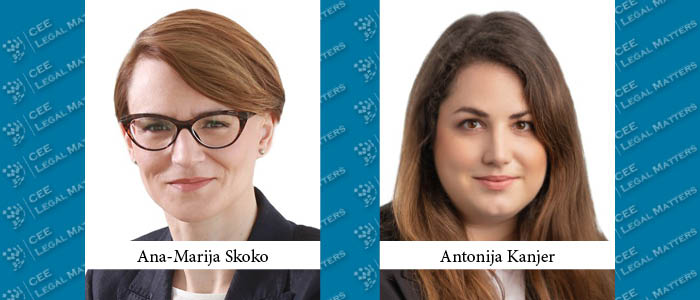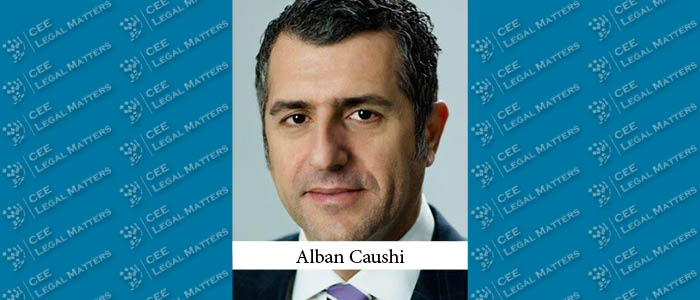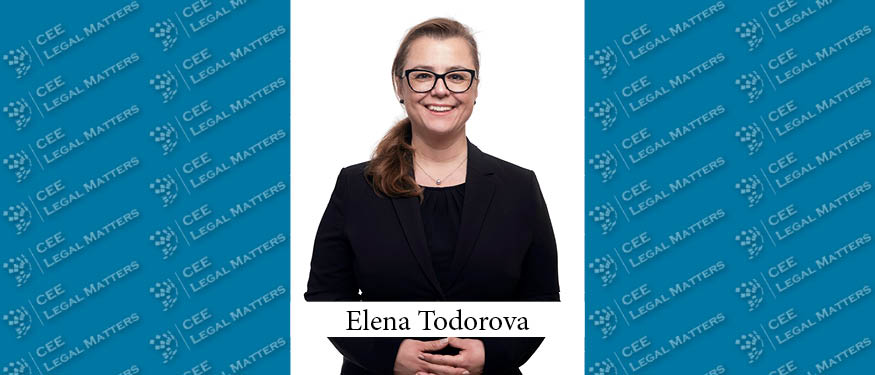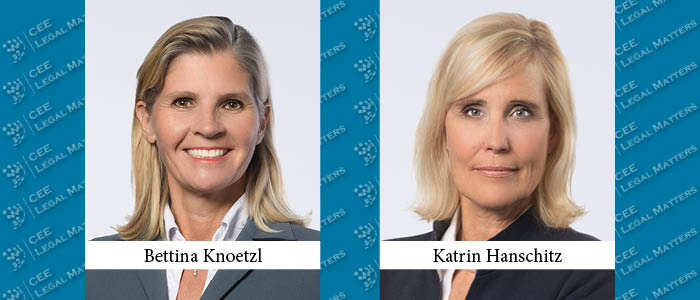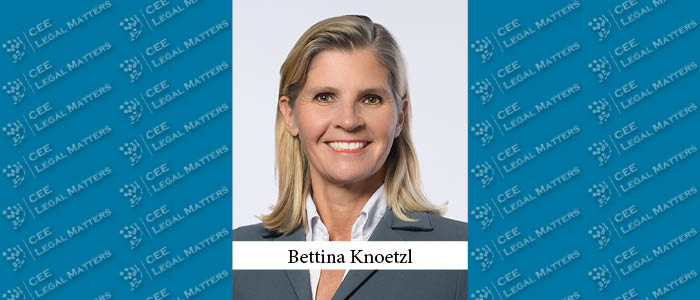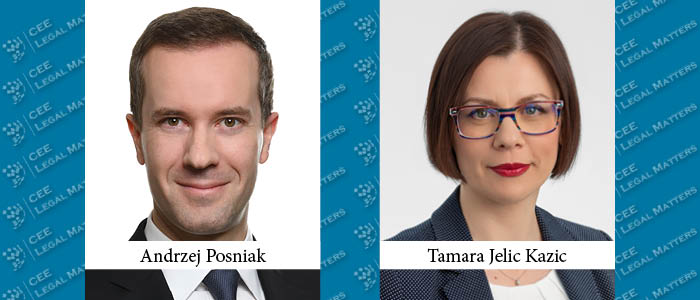Although 2024 is just beginning, below we have summarized the trends and projects expected to have an impact on the development of the real estate market in Bulgaria:
Czech Republic: Desired Acceleration of Permitting Processes in Jeopardy
The annoying length of the construction permitting process in the Czech Republic became a notoriety. Thanks to this, the prices of new dwelling premises are sky-high, and foreign investors are leaving their projects because they are unable to plan their investment – a striking example of which is the recently abandoned Microsoft project of a new data center in Prague.
Croatia: Decentralization of State Property Management in Croatia Benefiting Developers of Greenfield Real Estate Projects?
Due to various historical reasons, a large percentage of undeveloped construction land in Croatia is still owned by the state. As a result, developers of (primarily greenfield) real estate projects have often had to go through a laborious and lengthy process to acquire construction land from the Republic of Croatia. Recent legislative changes could mark a decisive shift toward decentralization and a more efficient management system, potentially streamlining processes that were previously mired in bureaucratic complexities.
Serbia: (Un)Just Changes in Land Conversion and Registration in the Cadastre
During 2023, there have been significant changes in the legal regulations in the field of planning and construction as well as in terms the Real Estate Cadastre in Serbia. In August, amendments to the Law on Planning and Construction entered into force, while in November, amendments to the Law on the Registration Procedure with the Cadastre of Real Estate and Utilities (which is now called the Law on the Registration Procedure with the Real Estate Cadastre and Infrastructure Cadastre) entered into force.
Greece: Unveiling the Roadmap in Greek Tourism Investment – Trends and Challenges
Tourism in Greece is flourishing, and with international tourism expected to reach – and exceed – pre-pandemic levels, it is no wonder that investors from all over the world are flocking to Greece.
Turkiye: The “Airbnb Law” – New Regulation on Short-Term Leases in Turkey
Ever since Booking.com’s activities had been suspended in Turkey by a court decision upon “unfair competition” claims raised by the Association of Turkish Travel Agencies (TURSAB), new regulations were anticipated in the short-term lease sector dominated by Airbnb, as unregistered and untaxed rental income obtained from short-term rentals has been a matter of discussion for a long time.
Albania: Examining Albania’s Real Estate Landscape – A Legal Perspective
Albania’s real estate market has undergone a significant transformation in the last decade, attracting global attention across the residential, commercial, and tourism sectors. This surge in interest is a result of the country’s economic and legislative reforms, political stability, successful justice reform implementation, and progress in the EU accession process. These factors collectively present investors with promising opportunities in Albania’s dynamic and evolving market.
Hungary: New Land Registration Procedure
Based on our experience and feedback from our clients, Hungary’s real estate law has already provided a very favorable legal environment for secure real estate investments. In the integrated land registration system, introduced in 1971, based on a cadastral map, real estate transactions are administered by one single decentralized organization comprising 20 regional and 119 district land offices.
Ukraine: Build Back Better According to International Standards
On January 19, 2024, the International Federation of Consulting Engineers (FIDIC) entered into a strategic partnership with Ukraine’s Ministry for Communities, Territories, and Infrastructure Development. The deal aims to create National Particular Conditions for using FIDIC contracts in Ukraine. This is promising news for professionals familiar with drafting such contracts for Ukrainian construction projects. But can FIDIC forms be used in Ukraine while this initiative is in progress, and what challenges do professionals face in using these contracts in the country?
Bulgarian Competition Authority Sets Enforcement Priorities for 2024
Earlier this month, Bulgaria’s Competition Protection Commission (CPC) unveiled its strategic priorities for 2024, identifying sectors and activities that warrant increased regulatory scrutiny. These priorities will guide the CPC’s operational functions, which include market monitoring, signal verification, the initiation of administrative proceedings, market investigations, and ongoing enforcement actions.
Focus on Wind, Electricity Storage, and Phasing Out Lignites
Having a somewhat steady Government and Parliament since mid-2023 has led to more predictability in the Bulgarian regulatory environment for renewables. In October 2023, some important and significant changes to the RES Act entered into force, thus solidifying local support for renewable energy.
Bulgaria Updates its Copyright Act in Line with the DSM and CabSat Directives
The Bulgarian Parliament adopted amendments to the Copyright and Neighbouring Rights Act (CNRA) in December 2023 to transpose the Digital Single Market Directive (EU) 2019/ 790 and the CabSat Directive (EU) 2019/789.
M&A in Bulgaria: A Positive Outlook
Deal activity (both in terms of value and volume) dropped at the end of 2023 and the start of 2024. This is hardly surprising considering the overall unstable international environment and the variety of destabilizing factors at play. Regardless, we see signs of recovery.
Banking Legislative and Business Developments in Bulgaria During 2023
Following a long period of political instability, including five snap parliamentary elections in the past couple of years, as of June 2023, Bulgaria has a broad coalition government supported by a large parliamentary majority.
Real Estate Market in Bulgaria at the Beginning of 2024
It has started humbly, but 2024 is expected to be a year of interesting political developments. At a global level, there will be elections for the President of the United States and for the European Parliament. At a local level, in Bulgaria, a rotation of the government is expected, which means that, according to the preliminary agreements between the governing parties, the position of the Prime Minister will be taken by Mariya Gabriel (of the GERB party; currently at the position of Deputy Prime Minister), who will replace the current Prime Minister – Nikolay Denkov (of the We Continue the Change party) – in March. For now, it is still questionable whether this switch will trigger the termination of the mandate of some of the ministers.
Rise in Insolvencies Triggers Wave of Related Disputes
Galloping inflation and post-COVID-19 challenges are shaping the litigation market in Austria, with an unparalleled volume of insolvencies feeding into a high rate of litigation. Meanwhile, the Austrian government remains hesitant to implement the European collective redress system.
External and Internal Investigations Affected by Recent Developments
Internal investigations continue to be a crucial part of a robust compliance management system. Short messages exchanged on smartphones have become a significant source for internal as well as external investigations. The Austrian prosecution authority understands that screening smartphones is close to “manna from heaven” for any investigator. This Market Snapshot reports on two important developments in Austria: a constitutional court decision requiring a significant change of the law, and the impact of the newly implemented law for the protection of whistleblowers.
Tax: A CEE Level of Intricacy
CMS Poland Managing Partner Andrzej Posniak and CMS Croatia Partner Tamara Jelic Kazic discuss the complexities and opportunities inherent to the region’s tax landscape.



